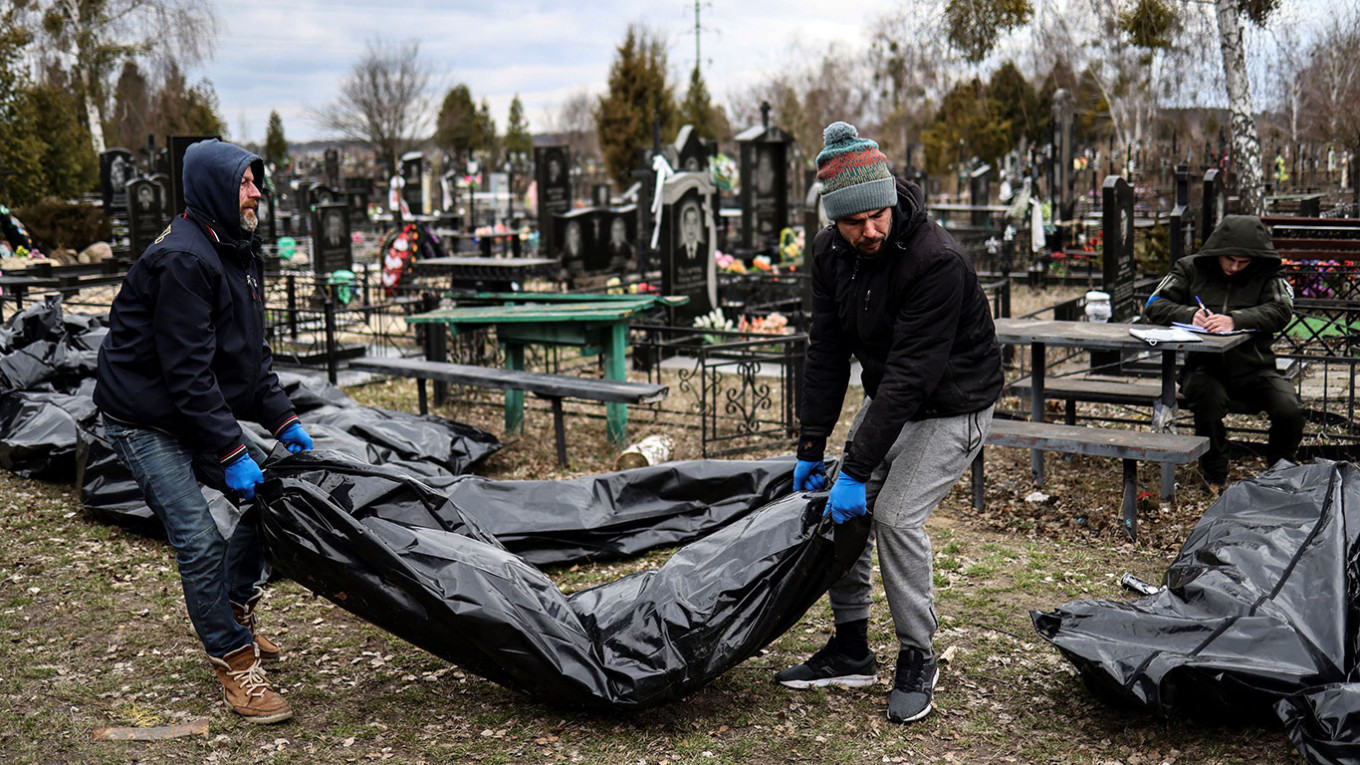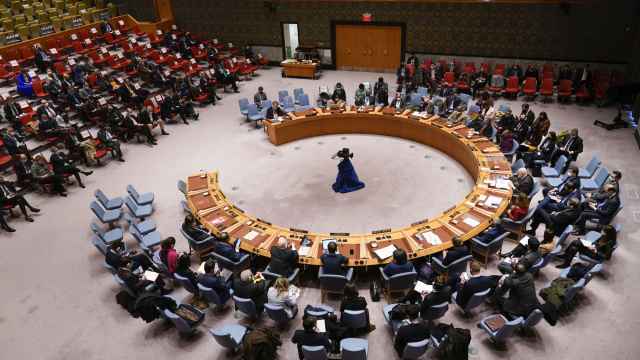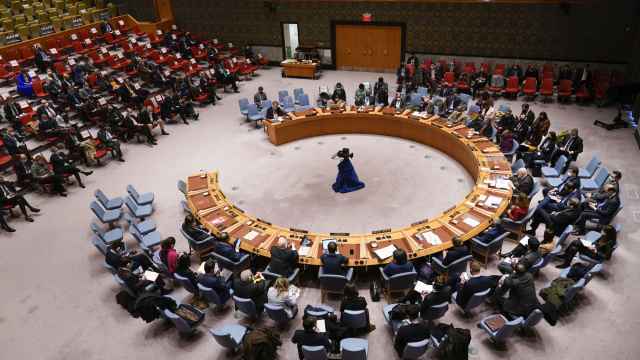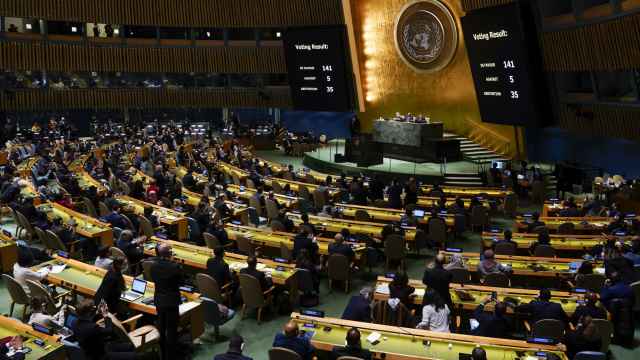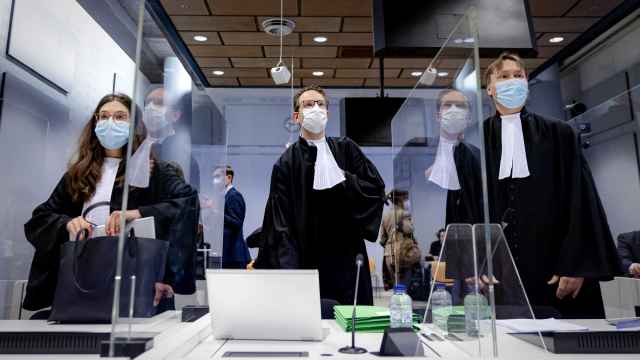UN humanitarian chief Martin Griffiths said Thursday during a visit to the town of Bucha outside the Ukrainian capital Kyiv that investigators would probe civilian deaths uncovered after Russian troops withdrew.
"The world is already deeply shocked," Griffiths said in the town that was strewn with bodies after Moscow's forces pulled out, adding that, "the next step is conducting investigations."
Griffiths arrived in Bucha around 1300 GMT, accompanied by Amin Awad, the UN's coordinator on the Ukraine crisis, for a three-hour visit that included a stop at the site of a mass grave that Ukrainians had dug near a church.
His trip came a day after he visited Moscow, where he met with officials to discuss the humanitarian situation in Ukraine, more than a month into the Russian invasion.
Evidence of civilian killings in Bucha and other towns around Kyiv — which Ukraine has blamed on Russian troops, allegations denied by Moscow — have shocked the world and triggered calls for new sanctions on Moscow.
Russia's President Vladimir Putin has denied any responsibility for civilian deaths, accusing Ukrainian authorities of "crude and cynical provocations" in Bucha.
A Message from The Moscow Times:
Dear readers,
We are facing unprecedented challenges. Russia's Prosecutor General's Office has designated The Moscow Times as an "undesirable" organization, criminalizing our work and putting our staff at risk of prosecution. This follows our earlier unjust labeling as a "foreign agent."
These actions are direct attempts to silence independent journalism in Russia. The authorities claim our work "discredits the decisions of the Russian leadership." We see things differently: we strive to provide accurate, unbiased reporting on Russia.
We, the journalists of The Moscow Times, refuse to be silenced. But to continue our work, we need your help.
Your support, no matter how small, makes a world of difference. If you can, please support us monthly starting from just $2. It's quick to set up, and every contribution makes a significant impact.
By supporting The Moscow Times, you're defending open, independent journalism in the face of repression. Thank you for standing with us.
Remind me later.


